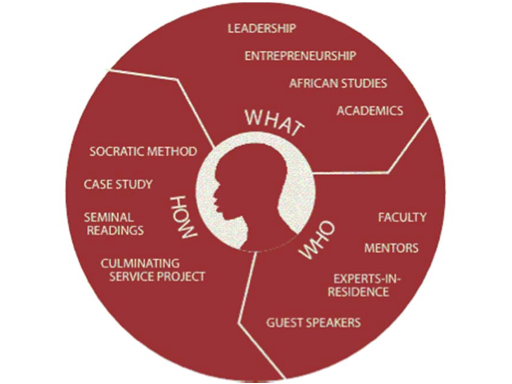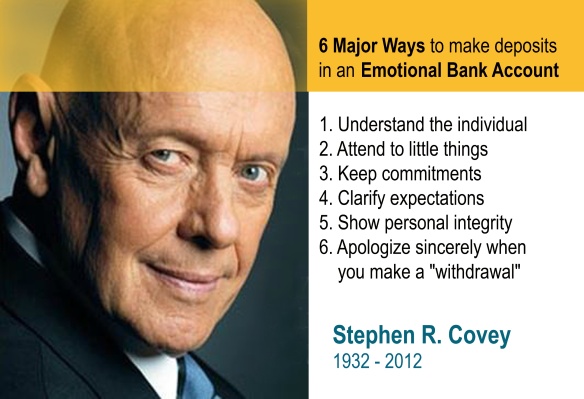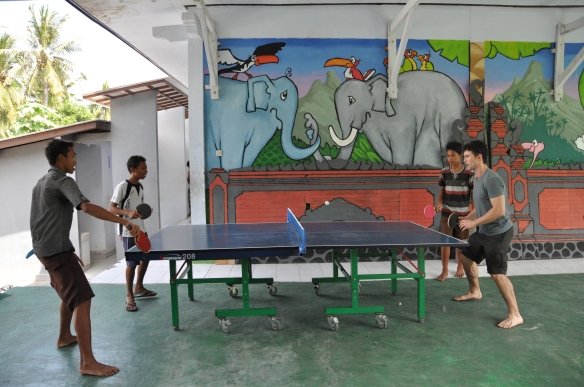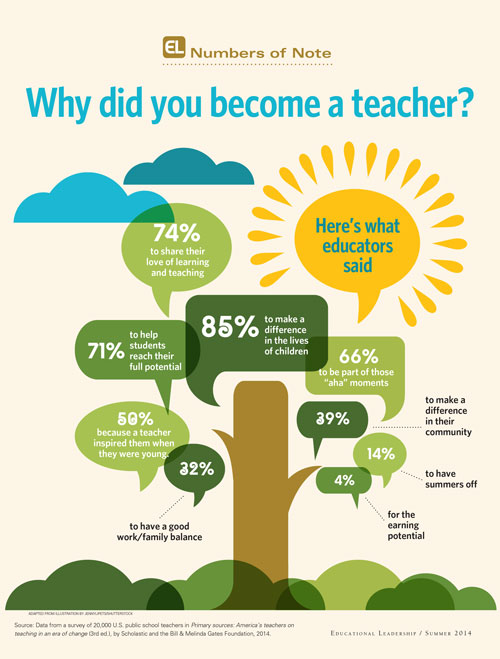“Never doubt that a small group of thoughtful, committed citizens can change the world; indeed, it’s the only thing that ever has.”
The above Margaret Mead quote marks the walls of the African Leadership Academy in Johannesburg, South Africa. Today I had a chance to briefly visit the six-year old academy and speak with one of its cofounders, Chris Bradford. It was inspiring to hear from Chris on the role that the ALA is playing in supporting young African leaders, not just in their educational journey, but in their lives across the 44 African countries represented thus far. Indeed, ALA’s young leaders have already started making an impact on Africa. Current students and alumni have launched 44 non-profit and for-profit enterprises since its inception.
The curriculum of the ALA is particularly interesting with its focus on African studies, ethical entrepreneurship, and leadership. These are in addition to ‘academics’ delivered through the multi-disciplinary IGSCE, in which the hard work of the students and staff has enabled many graduates to attend the world’s best universities. This holistic view based on real-world impact guides students to first discover their potential, and then maximise their passion for the benefit of others. Chris spoke of many alumni working in diverse fields, seeking and finding real-world solutions to community specific problems, a process aided no doubt by their learning at ALA.
The ALA curriculum model:

Reflecting on the ALA model through my own experiences in education, I certainly see parallels with community schooling in remote Australia. My firm belief is that local communities must be true partners in education, and the links between school and community need to be strong. In remote communities we have often struggled with the perceived ‘relevance gap’. Integrating community needs and values, expanding and building capacity in local and visiting staff, and empowering students for meaningful engagement with modern Australian society are all vital components. This is also, however, complex to achieve and takes time. In fact, as all educators know, there is no end point, only the process of continual improvement.
Meaningful change comes from leadership with shared values and through significant collaboration with stakeholders. The synthesis of divergent and different type of knowledge can also lead to greater innovation when finding solutions. Thus diversity in teams isn’t just nice, it’s essential (as this HBR blog attests).
For all the talk of contextual differences, there are clear universals in education regardless of location or level of social and economic (dis)advantage. We need great teachers in every school backed by a supportive leadership, community, system and society. Through the work of John Hattie, AITSL and others, we know what great teaching is and how teachers can refine pedagogy to maximise their impact in raising student achievement. Likewise, supporting the development of students’ positive self-concept within a growth mindset, especially for those from areas of disadvantage, gives them some of the tools they need to live a fulfilled life as lifelong learners.
ALA aims to achieve this through challenge, deep understandings, and promoting the students’ sense of agency, all which contribute to the success of the model. I very much look forward to seeing Chris Bradford again in Melbourne this October for the Education Changemakers conference, EC14, to hear more on how education at ALA is changing lives and communities.











